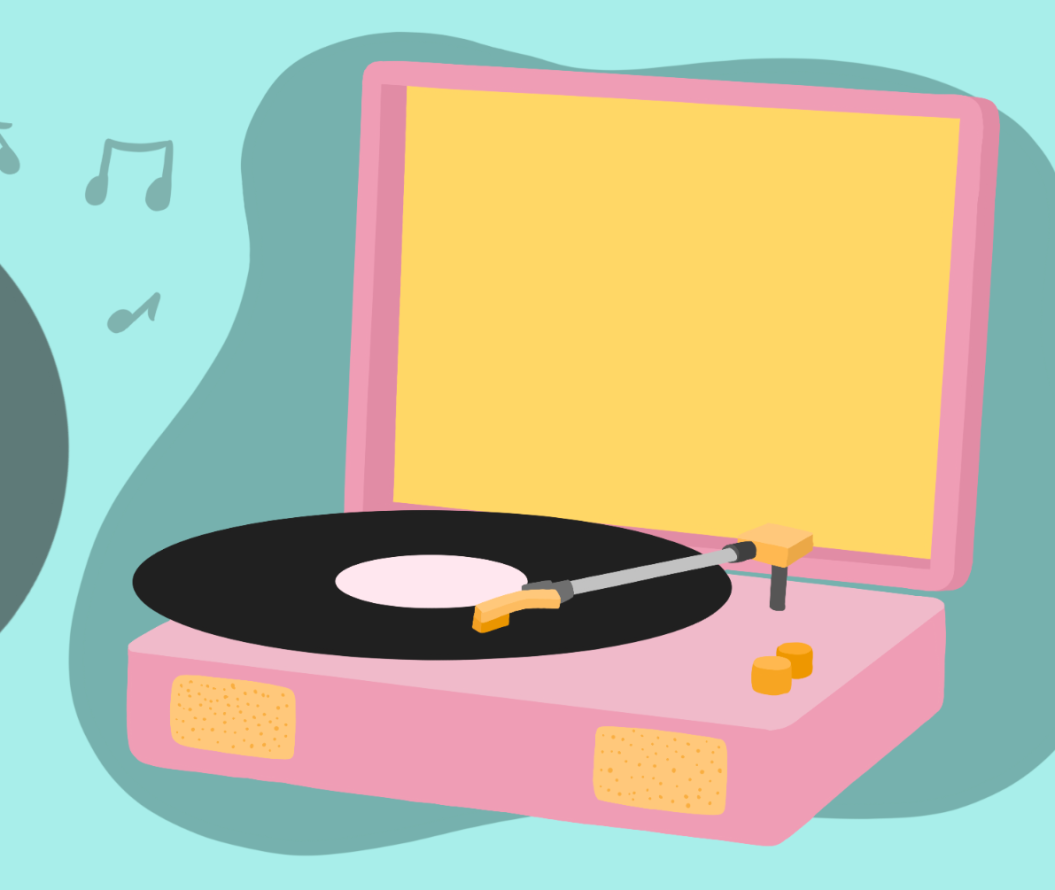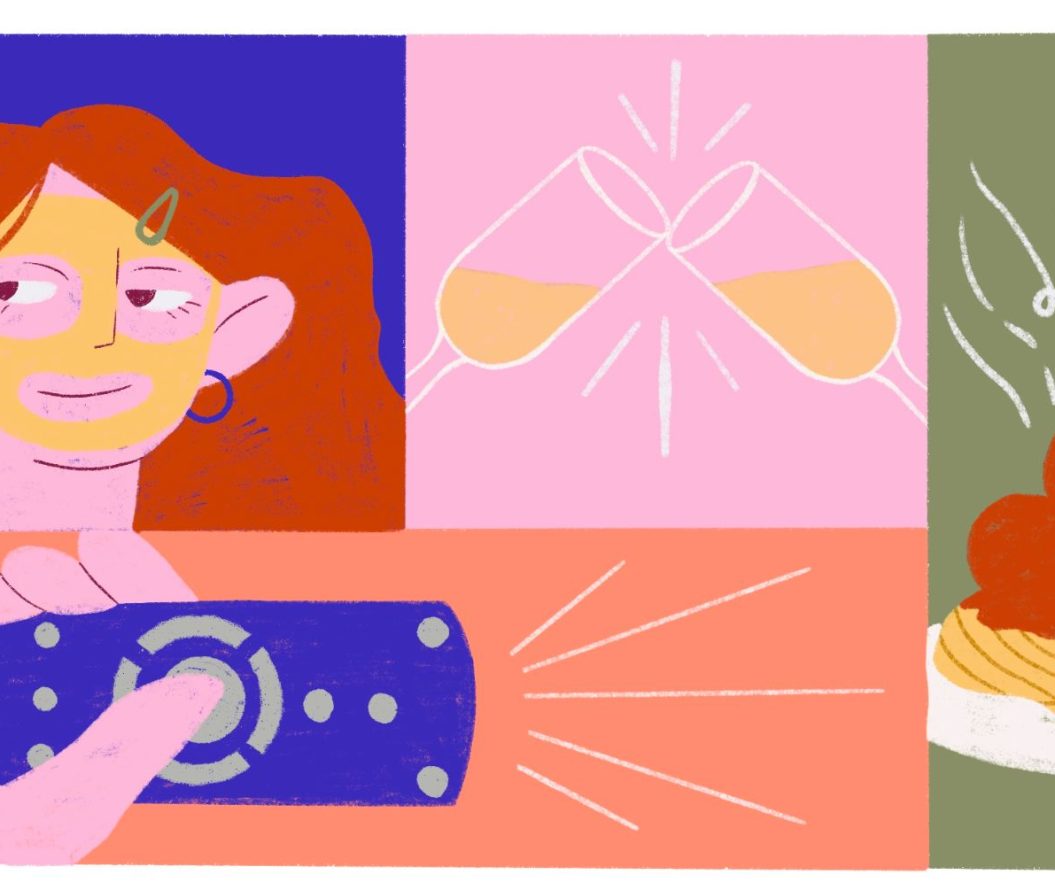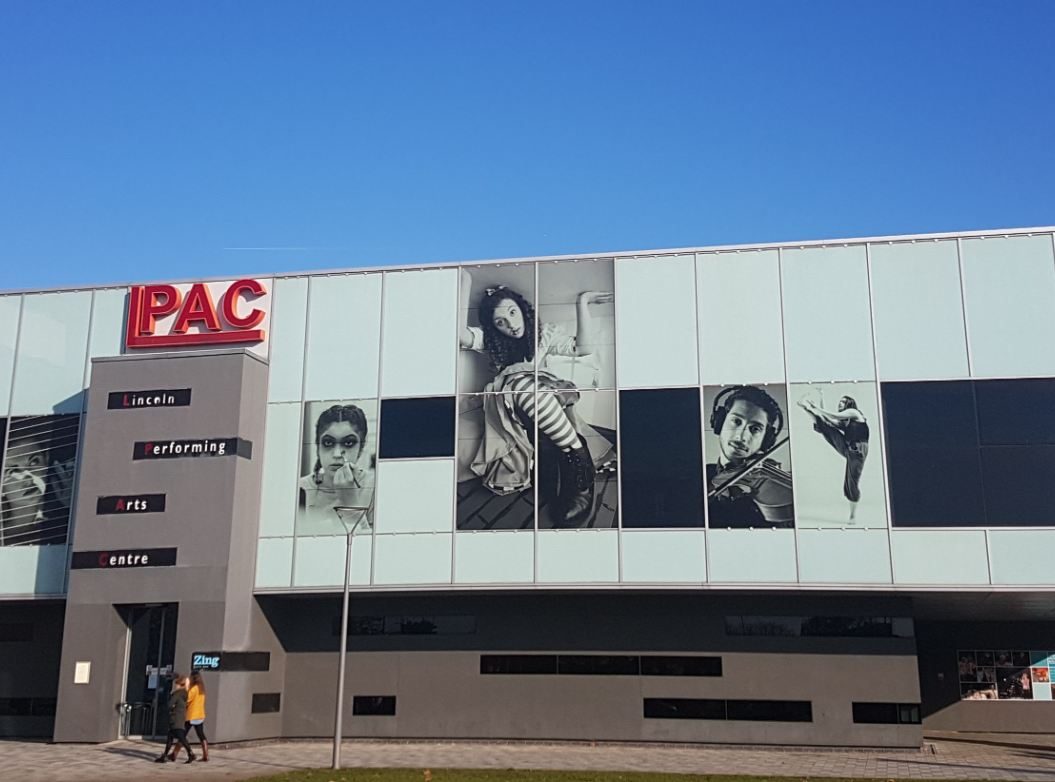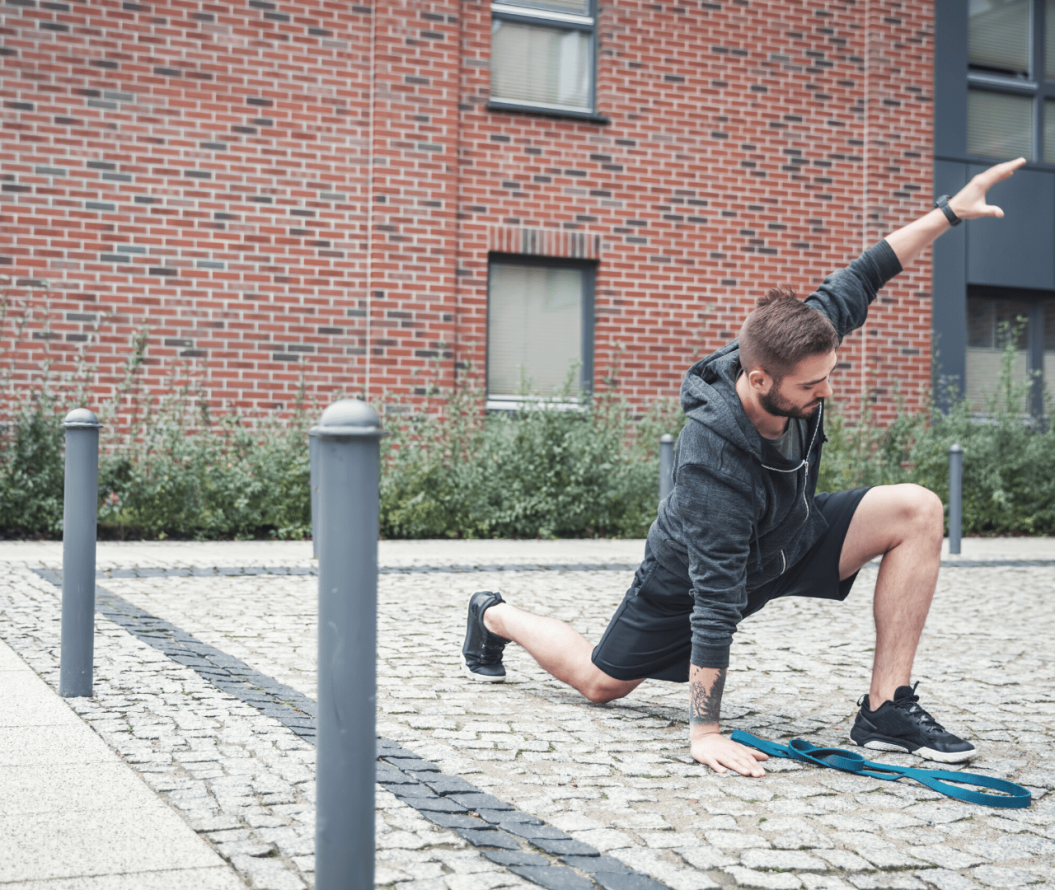Hi there! My name is Alex and I'm currently undertaking my Creative Writing PhD at the University of Lincoln. I'm a big fan of lots of streaming services, books, and am a published poet! I aspire to be a multi-genre,…
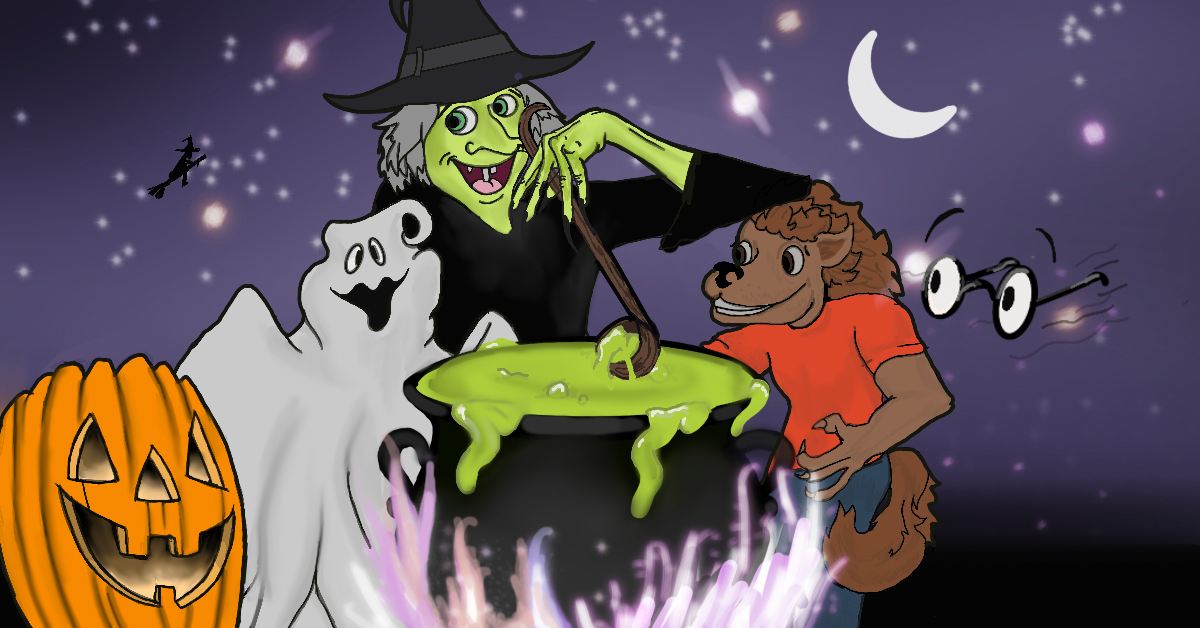
The Origins Of Halloween
Halloween is fast-approaching, and so therefore are all the things that come with it: promotions for scary movies, chocolate, sweets,…
October 26, 2022,
read.
Halloween is fast-approaching, and so therefore are all the things that come with it: promotions for scary movies, chocolate, sweets, pumpkins, costumes, mischief, and all things that beckon in the season of autumn. However when asked the question of where and how Halloween first began not many people have the answer, so this article is going to go into the origins of our favourite spooky holiday!
Where does the name come from?
The term “Halloween”, or sometimes “Hallowe’en”, is first of all a shortening/adaptation of the phrase “All Hallows’ evening”, though the occasion has also been historically referred to by many different terms, such as Allhalloween, All Hallows’ Eve, or All Saints’ Eve.
This time is, at its core, meant to be a celebration observed on the 31st of October, where on this day lies the eve of the Western Christian feast of All Hallows’ Day. It is the marker for the beginning of “Allhallowtide”, the period of time within the liturgical year, which is dedicated to remembering the dead including saints (also known as “hallows”), martyrs, and the departed in general.
Where did Halloween traditions come from?
One prevailing theory we have is that many Halloween traditions we have today, were influenced by much older Celtic harvest festivals, particularly the Gaelic festival Samhain, which are believed to themselves have roots in paganism. Some people go further and suggest that Samhain may have been converted into All Hallow’s Day, along with its eve, by the early Christian Church. Though some other academics believe that Halloween began solely as a Christian holiday, with it being a vigil for All Hallow’s Day.
This occasion has been celebrated in Ireland and Scotland for centuries, and it has been well-documented that Irish and Scottish immigrants took many original Halloween customs with them to North America in the 19th century – it has been observed that then through American influence, Halloween and its traditions had been spread to other countries by the late 20th and early 21st century. Modern, popular Halloween activities including trick-or-treating, going to Halloween costume parties with friends, carving pumpkins, lighting bonfires, divination games (such as with a ouiji board), playing pranks, visiting haunted attractions, telling scary stories, and especially now watching horror or Halloween-themed films – the “Halloween” film franchise is enough proof to show how the occasion has become one of the most popular in global society.
Religious practices on Halloween
Popular culture aside however, some people do still decide to practice the Christian religious observances of All Hallows’ Eve, which includes attending a number of church services and lighting candles on the graves of the dead.
Some Christians historically abstained from meat on All Hallows’ Eve, a tradition reflected in the eating of certain vegetarian foods on this vigil day, including apples and potato pancakes. Although for most of the population, this time is celebrated in a secular (non-religious) fashion. No matter how you celebrate though, the one thing that all of these celebrations and practises have in common is community.
Share your Halloween activities with us!
No matter what activities you partake in, what matters is that this is the perfect time to spend with your friends and other loved ones. This fun occasion, though steeped in scares, is also filled with countless fun activities that can bring you together with those you care for, and at the end of the day that is really all the matters!
If you and your friends at the University of Lincoln do something fun for Halloween then make sure to tag us on our socials @uolstudentlife – we’d love to see just how you all celebrate the spooky season! So, have fun, and make sure to have a Happy Halloween!
